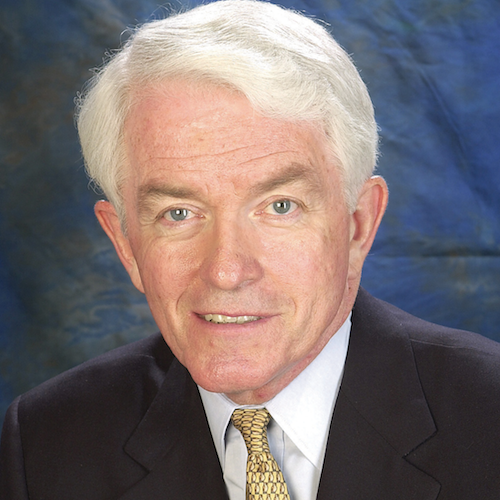
and CEO Thomas J. Donohue
Immigrants are a “critical” part of the solution to workforce challenges and, therefore, immigration reform is a top priority for the U.S. Chamber of Commerce, according to the organization’s president and CEO, Thomas J. Donohue.
The business federation represents the interests of more than three million businesses of all sizes, sectors and regions, as well as state and local chambers and industry associations.
“The fact is, employers don’t have the workers they need at every skill level, and in key industries — such as healthcare, agriculture, manufacturing, and transportation,” Donohue said Thursday in his annual “State of American Business” address.
In comments to NPR Illinois published on Sunday, Donohue specifically cited employment challenges in senior living and long-term care.
“Nursing homes, assisted living homes and hospitals can’t find caregivers — a very important thing that most people don’t look at,” he said.
The United States, Donohue said, “must continue to attract and welcome industrious and innovative people from all over the world, and finally fix our broken immigration system. This is a politically fraught issue, with passions running high on both sides, that has vexed our nation for many years. Compromise will be necessary — but it’s possible, because each side has something it wants, and each side has something to give.”
Specifically, he said, the Chamber is calling on Congress to protect “Dreamers” — those immigrants who were brought to the United States illegally as children — and long-term temporary protected status beneficiaries as well as provide resources to secure the country’s southern border. “The Chamber will continue to fight for these and other reforms,” Donohue said.
Another solution to worker shortages, the CEO said, is to offer incentives to encourage those aged 65 or more years to work. Also, he said, veterans and military spouses and the formerly incarcerated should be given opportunities.
“Getting these people back into our economy will not only expand our talent pool; it will extend opportunity to those who perhaps have given up on their American dreams,” Donohue said.
When it comes to a government-run, single-payer healthcare system, however, the Chamber is opposed “because it doesn’t work,” he said. “We’ll use all of our resources to combat it.”

